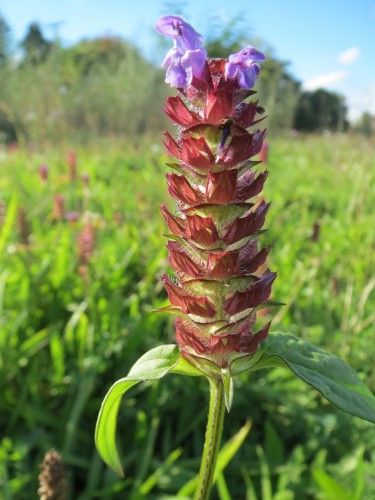All posts tagged heal-all
Heal-all: A Potential Cure For HIV?
Heal-all, self-heal, woundwort, botanically known as prunella vulgaris is a flowering herb native to Britain but now grows in most parts of the world. The plant thrives in open spaces and among short grass on waste ground. Continue reading [...]

